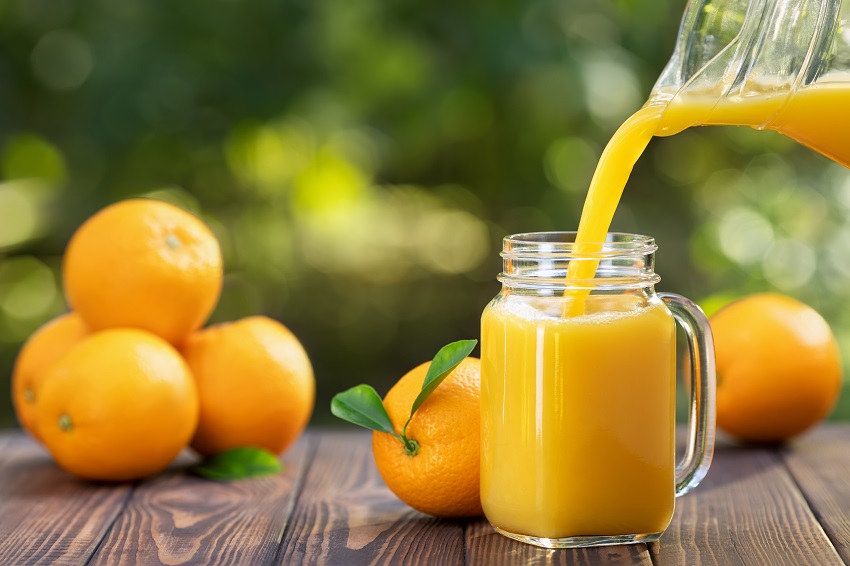

Moreover, AIJN has established the Reference Guidelines of the AIJN Code of Practices, based on pure, authentic juices, which can be used to evaluate juices with regards to quality, authenticity and identity.

The composition of fruit juices, concentrated fruit juices, dehydrated fruit juices and fruit nectars, their reserved names, their manufacture and labelling characteristics are subject to specific Community rules under Directive 2012/12/EU, amending Council Directive 2001/112/EC. As a result, quality specifications and identity standards have been developed by regulatory authorities and industry to assess quality and authenticity of fruit juices. All such forms of adulteration result in lost value for the consumer and may even jeopardize consumers’ health causing allergic reactions. The most frequent adulteration practices within the fruit juice industry involve dilution with water, addition of sugars, pulp wash or other additives and juice-to-juice adulteration, defined as the undeclared addition of a juice of lesser value to a product. Taking into consideration the large fruit juice quantities consumed worldwide, the identification of juice adulteration and fraud is of great economic importance and effective control systems are utterly necessary to protect consumers from impure and fraudulently presented fruit juices. Apart from orange juice, which remains the most popular and widely consumed fruit juice produced in the largest volume worldwide, other fruit juice types, such as pomegranate or berry-based juices have gained a high reputation and are being sold as high-quality food items, due to their remarkable health benefits, including prevention against cancer and cardiovascular disease. The mounting focus of consumers toward a healthier diet including a lot of fruits and vegetables, has driven the evolution of the juice market which has been steadily growing across developing and developed countries.

According to the Association of the Industry of Juices and Nectars of the European Union (AIJN), 9.3 billion liters of fruit juices and nectars were consumed in the EU in 2016. Thus, food authenticity is a major concern for all involved in the food trade: consumers, consumer protection authorities and also producers and dealers.įruit juices, and especially orange and apple juice, belong to the most targeted food commodities for adulteration and fraud. Fraudulent acts, such as the adulteration with cheaper ingredients and the false claim of origin (geographical or varietal), reduce the quality of the products, mislead the consumer and may even imply a health risk. According to the Global Food Safety Initiative (GFSI), “food fraud is a collective term encompassing the deliberate and intentional substitution, addition, tampering or misrepresentation of food, food ingredients or food packaging, labelling, product information or false or misleading statements made about a product for economic gain that could impact consumer health”. Economically Motivated Adulteration (EMA) of food, also known as food fraud, is the intentional adulteration of food for financial advantage. The globalization of the food trade and world food markets over the last few decades have made an enormous variety of food products available to consumers and the demand for high quality food products is constantly increasing.


 0 kommentar(er)
0 kommentar(er)
